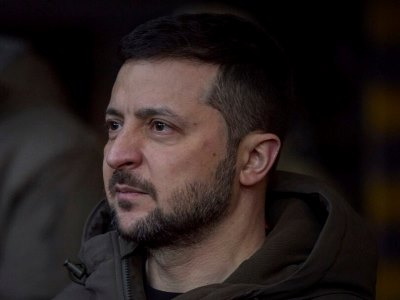“Artur Hovhannisyan Exposes Shocking Truths: Demarcation Process in Tavush Reveals Political Motives”
Artur Hovhannisyan, the representative of the Civil Contract party in the National Assembly, presented a series of statements during his speech at the NA meeting. These statements were received from a delegation of the Coordinating Council of the “Civilian Contract” protest movement and are directed towards the authorities, concerning the demarcation process of the border in Tavush.
Hovhannisyan emphasized that the agreement echoes similar statements made during the 2018 revolution, initially criticizing the Pashinyan government and now the demarcation process in Tavush. This process involves the relocation of four Armenian villages to the border with Azerbaijan.
Hovhannisyan stated, “Now, when we look back at this period, it becomes clear who, when, and why Lachin was closed, and why everything happened during the 44-day war on our left flank.”
Hovhannisyan further mentioned that the initial agreement included discussions between representatives of the Lachin people of the Republic of Artsakh and Azerbaijan, aiming to address the rights and security concerns of the Lachin people. However, no solutions were offered, and important details were left unanswered. Hovhannisyan also referred to a “peaceful march” that took place in relation to these issues.
He then addressed the motive behind the dissent towards their representatives, implying that it is currently being influenced by a specific agenda. This agenda involved the removal of Russian invaders from Lachin and now focuses on the territory of Tavush, where the resettlement should take place. Hovhannisyan suggested that this agenda was predetermined. He also highlighted the significance of the Sofia meeting, viewed as a historical precedent for the mountainous part of Karabakh to live in its own land.
Hovhannisyan proceeded by questioning the lack of motivation for a settlement and the absence of clear answers regarding the leaders who should be placed in these territories. He concluded that a “palace coup” had occurred.
A participant who had fought in the Artsakh war, recognizable by their Artsakh Defense Army insignia, then spoke at the National Assembly. They emphasized that the march had effectively halted discussions between representatives of the Lachin people and the Armenian people. Despite attempts to reach certain leaders, there was no response. The participant concluded by expressing their belief that those responsible would be punished by God, with no saint able to save them.


